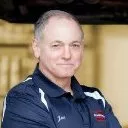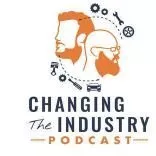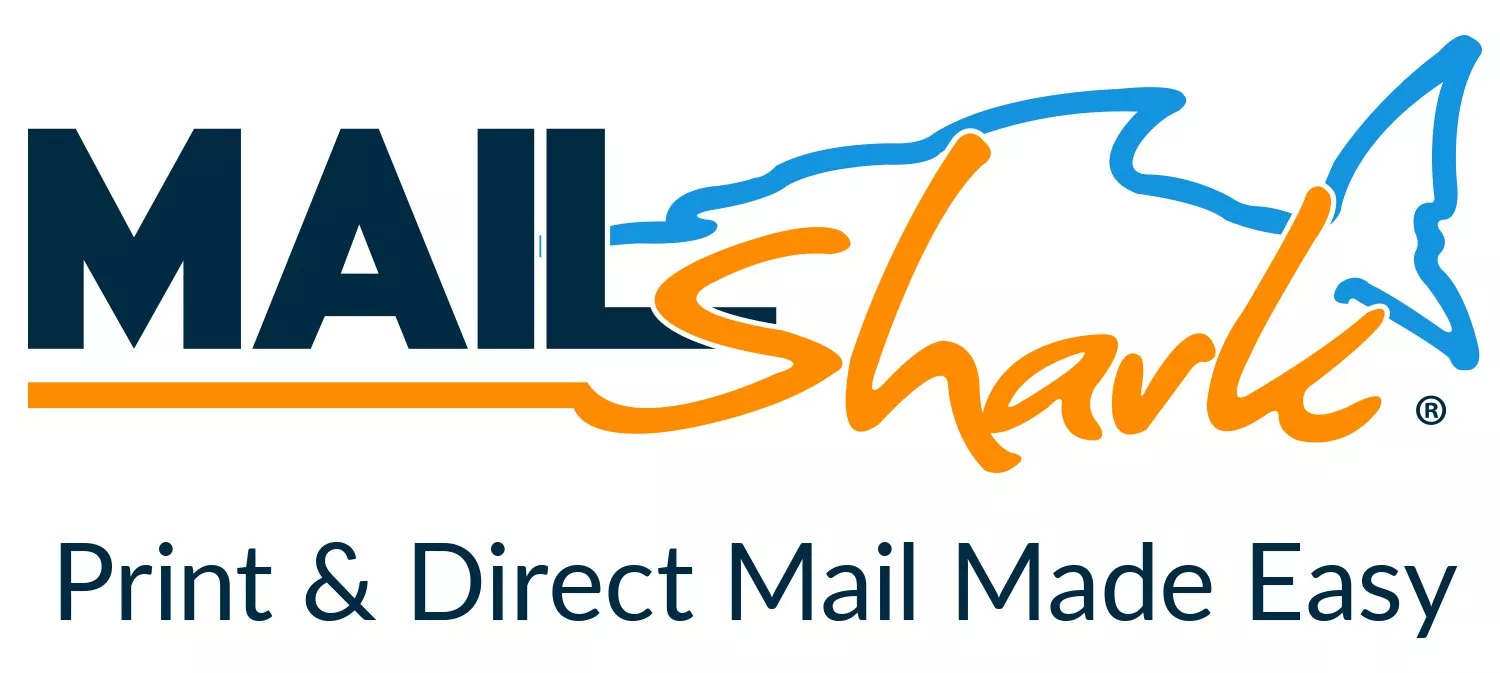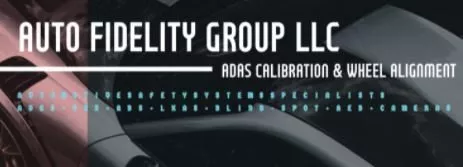Code Talkers -- It takes more than reading codes to be a real technician
-
Available Subscriptions
-
Have you checked out Joe's Latest Blog?
-
By Joe Marconi in Joe's Blog0 commentsIt always amazes me when I hear about a technician who quits one repair shop to go work at another shop for less money. I know you have heard of this too, and you’ve probably asked yourself, “Can this be true? And Why?” The answer rests within the culture of the company. More specifically, the boss, manager, or a toxic work environment literally pushed the technician out the door.
While money and benefits tend to attract people to a company, it won’t keep them there. When a technician begins to look over the fence for greener grass, that is usually a sign that something is wrong within the workplace. It also means that his or her heart is probably already gone. If the issue is not resolved, no amount of money will keep that technician for the long term. The heart is always the first to leave. The last thing that leaves is the technician’s toolbox.
Shop owners: Focus more on employee retention than acquisition. This is not to say that you should not be constantly recruiting. You should. What it does means is that once you hire someone, your job isn’t over, that’s when it begins. Get to know your technicians. Build strong relationships. Have frequent one-on-ones. Engage in meaningful conversation. Find what truly motivates your technicians. You may be surprised that while money is a motivator, it’s usually not the prime motivator.
One last thing; the cost of technician turnover can be financially devastating. It also affects shop morale. Do all you can to create a workplace where technicians feel they are respected, recognized, and know that their work contributes to the overall success of the company. This will lead to improved morale and team spirit. Remember, when you see a technician’s toolbox rolling out of the bay on its way to another shop, the heart was most likely gone long before that.
-
-
Similar Topics
-
By carmcapriotto
Thanks to our partners, NAPA TRACS and Promotive
Running low on cash? Before panic sets in, it’s time to get strategic. In this episode of Business by the Numbers, Hunt explores practical steps to manage cash flow challenges, cut expenses wisely, and secure financing without sinking your business. Learn what options are available and how to make informed decisions to keep your shop running smoothly.
Understand the root causes of cash flow issues to avoid repeating mistakes. Learn why preserving cash strategically is more effective than slashing every expense. Discover how to leverage credit lines, loans, and alternative financing options safely. Avoid common pitfalls, like cutting critical expenses, that can worsen financial struggles. Develop a plan to stabilize and grow your cash reserves for long-term success.
Thanks to our partner, NAPA TRACS
Did you know that NAPA TRACS has onsite training plus six days a week support?
It all starts when a local representative meets with you to learn about your business and how you run it. After all, it's your shop, so it's your choice.
Let us prove to you that Tracs is the single best shop management system in the business. Find NAPA TRACS on the Web at NAPATRACS.com
Thanks to our partner, Promotive
It’s time to hire a superstar for your business; what a grind you have in front of you. Introducing Promotive, a full-service staffing solution for your shop. Promotive has over 40 years of recruiting and automotive experience. If you need qualified technicians and service advisors and want to offload the heavy lifting, visit www.gopromotive.com.
Paar Melis and Associates – Accountants Specializing in Automotive Repair
Visit us Online: www.paarmelis.com
Email Hunt: podcast@paarmelis.com
Download a Copy of My Books Here:
Wrenches to Write-Offs Your Perfect Shop
The Aftermarket Radio Network: https://aftermarketradionetwork.com/
Remarkable Results Radio Podcast with Carm Capriotto https://remarkableresults.biz/
Diagnosing the Aftermarket A to Z with Matt Fanslow https://mattfanslow.captivate.fm/
Business by the Numbers with Hunt Demarest https://huntdemarest.captivate.fm/
The Auto Repair Marketing Podcast with Kim and Brian Walker https://autorepairmarketing.captivate.fm/
The Weekly Blitz with Chris Cotton https://chriscotton.captivate.fm/
Speak Up! Effective Communication with Craig O'Neill https://craigoneill.captivate.fm/
Click to go to the Podcast on Remarkable Results Radio
-
By Changing The Industry
Episode 197 - Used Parts & Bad Practices In Auto Repair With Jeff Compton & Keith Perkins
-
-
By carmcapriotto
Thanks to our Partners, NAPA TRACS, Auto-Fix Auto Shop Coaching, and Today's Class Discover how neuroscience insights can enhance customer relationships, optimize revenues, and create lasting brand loyalty. Matt Fanslow and Dr. David Weiman explain how marketing stimuli affect the brain, revealing a disconnect between conscious responses and subconscious reactions. Learn practical strategies to apply these concepts in your shop, from setting the right ambiance to creating unforgettable customer experiences. Matt Fanslow, lead diagnostician and shop manager, Riverside Automotive, Red Wing, MN. Matt’s previous episodes HERE Matt Fanslow Podcast: Diagnosing the Aftermarket A to Z Dr. David Weiman is the president of Weiman Consulting, a leadership consulting firm in Philadelphia PA. Listen to David’s previous episodes HERE Show Notes Watch Full Video Episode Introduction to Neuromarketing (00:00:01) Consumer Biases and Truth (00:05:01) Brain Activity and Marketing (00:06:00) Brand Associations (00:09:03) Impact of Visuals in Marketing (00:12:47) Subtle Influences in Marketing (00:13:19) Cheetos Commercial Case Study (00:14:23) The Power of Rhymes (00:18:40) Actions vs. Words (00:19:37) Instincts and Environment (00:24:57) Dopamine and Consumer Behavior (00:27:35) Creating a Safe Environment (00:31:03) First Impressions Matter (00:33:46) Discussion on Shop Improvements (00:36:31) Creating Emotional Attachments (00:39:19) Storytelling in Marketing (00:41:49) Customer Experience Anecdote (00:42:30) Emotional Memory in Marketing (00:44:08) Innovative Customer Engagement (00:45:52) Importance of Community Engagement (00:47:37) Neuromarketing Insights (00:48:39) Closing Thoughts on Customer Care (00:50:13)
Thanks to our Partner, NAPA TRACS NAPA TRACS will move your shop into the SMS fast lane with onsite training and six days a week of support and local representation. Find NAPA TRACS on the Web at http://napatracs.com/ Thanks to our Partner, Auto-Fix Auto Shop Coaching Proven Auto Shop Coaching with Results. Over 61 Million in ROI with an Average ROI of 9x. Find Coach Chris Cotton at AutoFix Auto Shop Coaching on the Web at https://autoshopcoaching.com/ Thanks to our Partner, Today's Class Optimize training with Today's Class: In just 5 minutes daily, boost knowledge retention and improve team performance. Find Today's Class on the web at https://www.todaysclass.com/ Connect with the Podcast: -The Aftermarket Radio Network: https://aftermarketradionetwork.com -Follow on Facebook: https://www.facebook.com/RemarkableResultsRadioPodcast/ -Join Our Private Facebook Community: https://www.facebook.com/groups/1734687266778976 -Join Our Virtual Toastmasters Club: https://remarkableresults.biz/toastmasters -Subscribe on YouTube: https://www.youtube.com/carmcapriotto -Follow on LinkedIn: https://www.linkedin.com/in/carmcapriotto/ -Follow on Instagram: https://www.instagram.com/remarkableresultsradiopodcast/ -Follow on X: https://twitter.com/RResultsBiz -Visit the Website: https://remarkableresults.biz/ -Join our Insider List: https://remarkableresults.biz/insider -All books mentioned on our podcasts: https://remarkableresults.biz/books -Our Classroom page for personal or team learning: https://remarkableresults.biz/classroom -Buy Me a Coffee: https://www.buymeacoffee.com/carm -Special episode collections: https://remarkableresults.biz/collections The Aftermarket Radio Network: https://aftermarketradionetwork.com/ Remarkable Results Radio Podcast with Carm Capriotto: Advancing the Aftermarket by Facilitating Wisdom Through Story Telling and Open Discussion. https://remarkableresults.biz/ Diagnosing the Aftermarket A to Z with Matt Fanslow: From Diagnostics to Metallica and Mental Health, Matt Fanslow is Lifting the Hood on Life. https://mattfanslow.captivate.fm/ Business by the Numbers with Hunt Demarest: Understand the Numbers of Your Business with CPA Hunt Demarest. https://huntdemarest.captivate.fm/ The Auto Repair Marketing Podcast with Kim and Brian Walker: Marketing Experts Brian & Kim Walker Work with Shop Owners to Take it to the Next Level. https://autorepairmarketing.captivate.fm/ The Weekly Blitz with Chris Cotton: Weekly Inspiration with Business Coach Chris Cotton from AutoFix - Auto Shop Coaching. https://chriscotton.captivate.fm/ Speak Up! Effective Communication with Craig O'Neill: Develop Interpersonal and Professional Communication Skills when Speaking to Audiences of Any Size. https://craigoneill.captivate.fm/ Click to go to the Podcast on Remarkable Results Radio
-
-
Our Sponsors














Recommended Posts